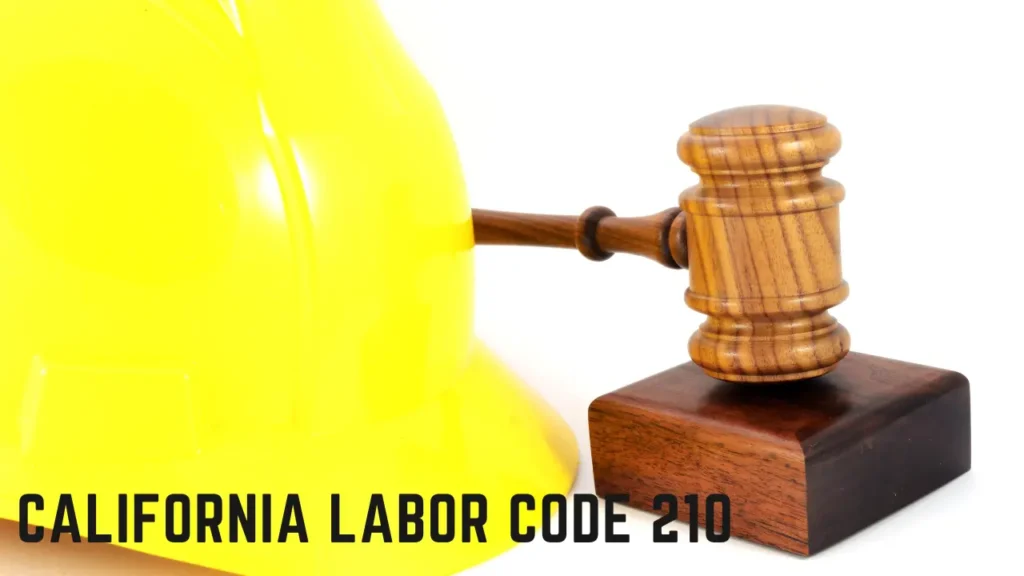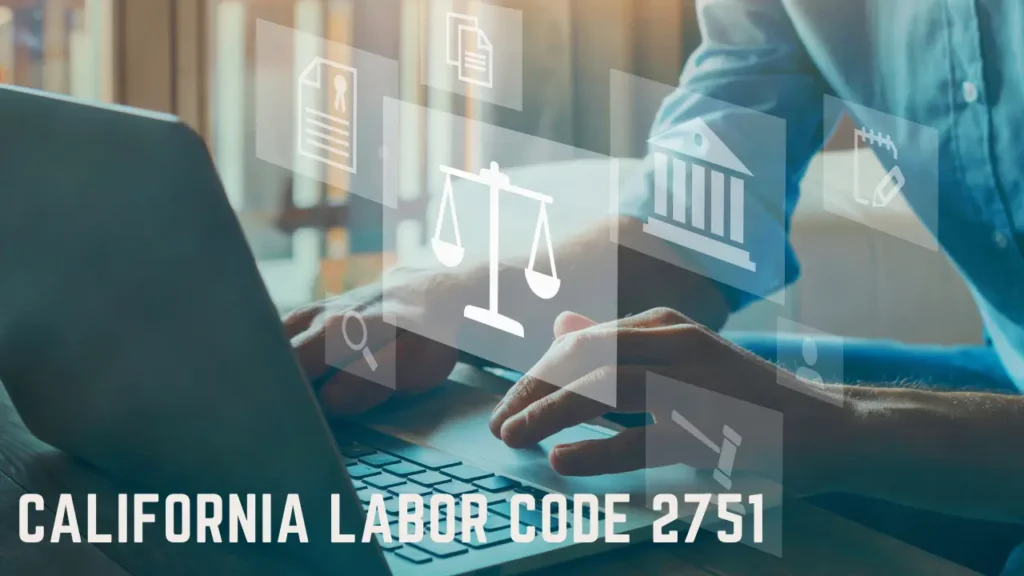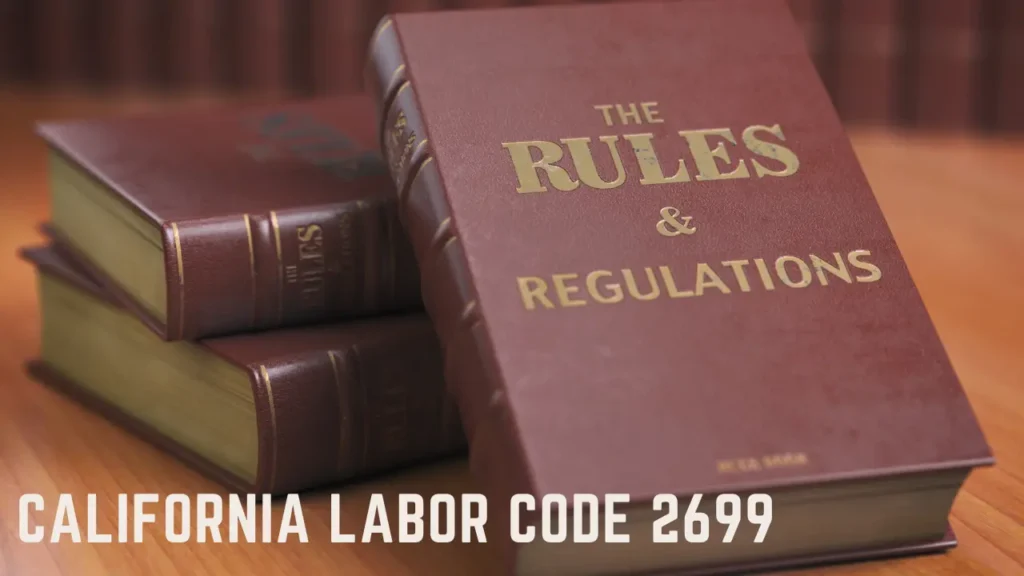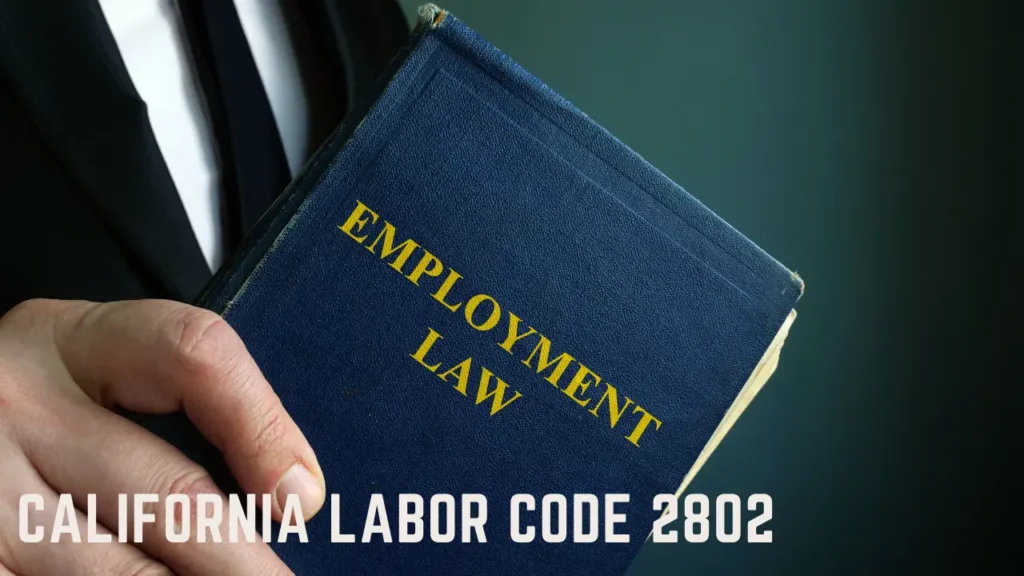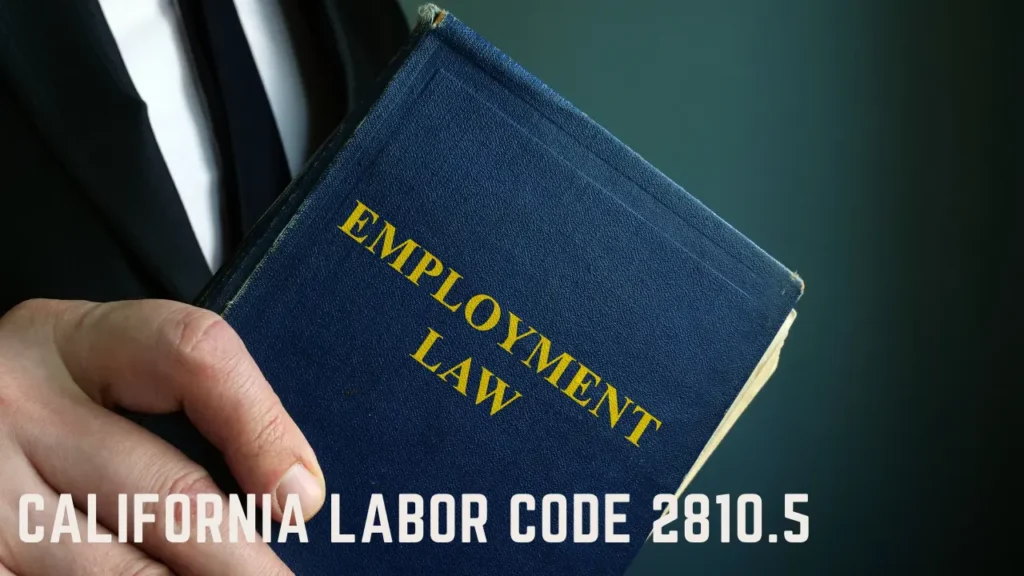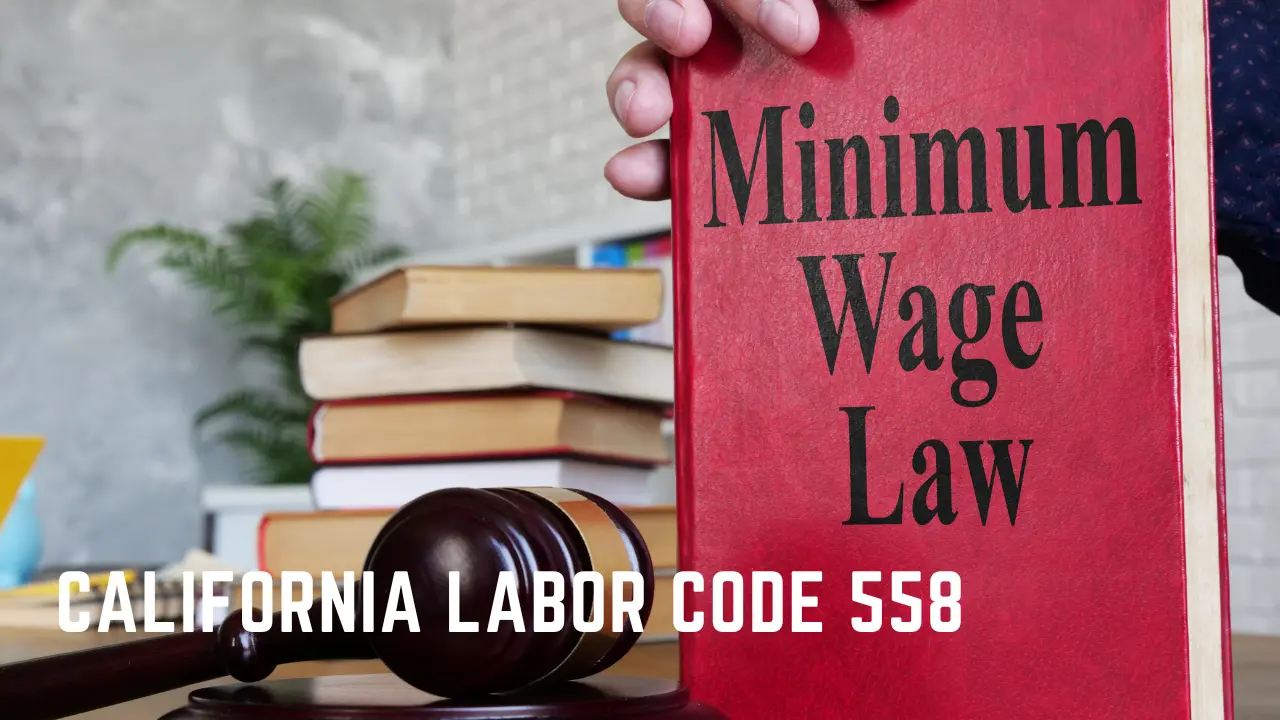Table of Contents
ToggleWhile it is not a legal requirement, possessing EPLI insurance can drastically alter the dynamics of dealing with labor claims, from the management of the defense to the financial repercussions of a successful claim.
This article will explore the multifaceted implications of EPLI Insurance in California, offering a comprehensive understanding of its role and impact within the realm of labor claims.
Understanding EPLI Insurance
Employment Practices Liability Insurance (EPLI) is a specialized type of liability insurance that businesses can opt to purchase, providing coverage against a wide range of potential employment-related legal claims. Notably, an EPLI policy safeguards companies from substantial financial loss due to lawsuits involving harassment, discrimination, wrongful termination, or retaliation.
This insurance is typically optional but can be vital given the complexity and potential cost of employment law disputes. The insurance policy does not only cover legal fees and settlements but also extends to claims brought by various parties, including clients, customers, and even independent contractors.
The coverage, however, is limited to the policy’s amount, and any inadequacy could lead to the pursuit of the employer’s assets for compensation.
Types of EPLI-Covered Claims
Building on the foundational understanding of EPLI insurance, it becomes crucial to examine the specific claims this policy covers. These claims range from harassment and discrimination to wrongful termination and retaliation, among others.
For instance, harassment includes behaviors that create a hostile work environment. This can involve actions such as unwanted advances, offensive jokes, or derogatory comments.
Discrimination claims, on the other hand, stem from differential treatment based on protected characteristics, like race, gender, religion, or age. This can include instances where an employee is treated unfairly in terms of hiring, promotion, or termination based on these protected characteristics.
Wrongful termination claims often involve allegations of breach of contract or violations of public policy. This can occur when an employee is fired in violation of their employment contract or when the termination goes against established public policy, such as firing an employee for reporting illegal activities within the company.
Retaliation claims typically arise when an employer punishes an employee for engaging in legally protected activity. This can include instances where an employee is terminated, demoted, or subjected to other adverse actions in response to reporting workplace misconduct or filing a complaint.
EPLI insurance provides a financial safety net for businesses, ensuring they have the resources to address these claims in an expeditious and fair manner. By having this insurance coverage, companies can mitigate the potential financial burdens associated with defending against these types of claims and any potential settlements or judgments that may arise.
Who Can Bring EPLI Claims?
In the realm of EPLI insurance, a wide array of parties, ranging from current or former employees to clients, customers, business visitors, and even independent contractors or vendors, can potentially initiate claims.
- Current or Former Employees: They are usually the most common claimants, alleging breaches such as wrongful termination, discrimination or harassment.
- Clients or Customers: They can initiate claims alleging discrimination or harassment encountered during their interaction with the company.
- Business Visitors: They can lodge claims if they experience unfair treatment or harassment during their visit.
- Independent Contractors or Vendors: They can file claims if they believe they’ve been subjected to wrongful actions like discrimination or harassment.
Understanding the scope of potential claimants is vital for risk management and ensuring comprehensive EPLI coverage.
The Role of EPLI in Compensation
When it comes to compensation for labor claims, the role of Employment Practices Liability Insurance (EPLI) becomes particularly significant, as it provides a dedicated fund from which settlements or verdict amounts can be paid.
EPLI not only assures the injured party of a more dependable source of recuperation but also relieves the employer of immediate financial strain.
However, it’s crucial to note that compensation is limited to the policy’s coverage amount. In cases where this is inadequate, claimants may still pursue the business or employer for the outstanding balance.
Therefore, employers must carefully assess their risk exposure to ensure their EPLI coverage is sufficient.
Essentially, EPLI plays a crucial role in balancing the financial implications of labor claims for both parties.
Employer’s Financial Obligations
Navigating the financial obligations associated with labor claims, employers must consider not only the potential costs of settlements or verdicts, but also the legal fees, administrative expenses, and potential reputational damage that can arise from employment-related lawsuits. With EPLI insurance in California, these financial burdens can be significantly mitigated.
- EPLI covers the legal costs, regardless of the claim outcome
- It provides a financial cushion for potential settlement payouts
- It aids in managing reputational risks associated with labor claims
- It helps maintain financial stability by minimizing out-of-pocket expenses
Hence, while it’s not legally mandated, EPLI insurance proves to be a strategic financial tool for employers, helping to secure the company’s financial health and reputation amidst labor claims.
EPLI Impact on Defense Management
EPLI insurance greatly influences the management of defense in labor claims, as it shifts the responsibility of defense from the employer to the insurance agency. This shift alters the dynamics of litigation significantly.
The insurance company is now the primary party invested in the defense, with its financial interests at stake. They typically manage the defense, appoint legal counsel, and make key decisions regarding settlement or court proceedings.
However, this may also result in potential drawbacks. The defense attorneys, though competent, may lack the detailed understanding of the defendant’s business practices that an in-house counsel might possess. Also, the insurance agency, anxious to limit its financial exposure, might be more inclined towards out-of-court settlements, possibly leading to larger payouts.
Settlement Tactics Under EPLI
Given the insurance company’s potential inclination towards out-of-court settlements, as discerned from the impact of EPLI on defense management, it becomes crucial to understand the tactics employed in achieving these settlements under EPLI coverage.
- Risk Analysis: Insurers assess the potential financial risk involved in the claim to determine whether a settlement would be a more cost-effective solution.
- Claim Evaluation: A comprehensive assessment of the claim’s merit is conducted, which includes a review of evidence, witness testimonies, and legal precedents.
- Negotiation: Initial settlement offers are strategically low to provide room for negotiation. The insurer’s legal counsel utilizes their expertise to negotiate a mutually agreeable settlement.
- Settlement Approval: The proposed settlement must be approved by both the claimant and the insurer, ensuring it falls within the policy limits.
Defense Lawyer’s Role and Limitations
In the complex landscape of employment-related lawsuits, the role of defense lawyers under EPLI coverage is multifaceted, yet it comes with certain intrinsic limitations.
Primarily, they are tasked with safeguarding the financial interests of the insurance company. An EPLI defense lawyer aims to limit the insurer’s exposure, often steering the case toward a settlement within the policy limits. However, their role is constrained as the insurer controls the defense strategy.
Moreover, they may lack intimate knowledge of the defendant’s business practices, which can impede their ability to fully advocate for the business.
Despite these limitations, a proficient EPLI defense lawyer can navigate the litigation process effectively, striking a balance between protecting the insurer’s interests and achieving a fair outcome for the employer.
EPLI’s Effect on Business Practices
Navigating the intricacies of Employment Practices Liability Insurance (EPLI), it becomes evident that its existence and utilization significantly shape business practices, particularly in the realm of employment-related issues and risk management. EPLI policy impacts businesses in several ways:
- Risk Management: Businesses might be more inclined to implement stringent risk management policies to minimize potential EPLI claims.
- Financial Planning: EPLI premiums constitute a significant part of businesses’ insurance costs affecting their financial planning.
- HR Practices: The possibility of EPLI claims could influence businesses to refine their HR practices, minimizing instances of workplace discrimination or harassment.
- Legal Strategy: With EPLI coverage, companies may opt for out-of-court settlements, influencing their legal strategies in employment-related lawsuits.
This highlights the critical role of EPLI in shaping business practices.
Conclusion
In conclusion, EPLI insurance in California significantly influences labor claims, shifting the responsibility of defense management from the business to the insurer.
It provides a dedicated compensation source for successful claims, affecting settlement strategies and the role of the defense lawyer.
The presence of EPLI can also shape business practices, hinting at the profound implications of this specialized liability insurance for employers, employees, and the broader labor landscape.








